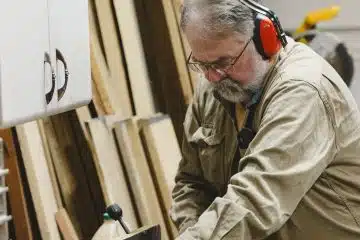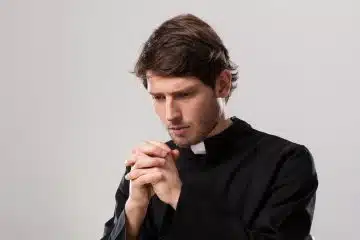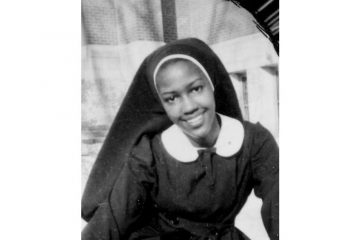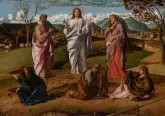The broadness of the Catholic faith
By Father Earl Fernandes
“Are you a faithful citizen?” was a headline on the front page of recent Catholic Telegraph. I received a letter from a lifelong, Catholic and truly decent man whose faith was deeply shaken by the issue, which contained an article about unions. After reading the article, he wondered whether there was room for him in the church, because he did not support all unions. He disagreed with union support of candidates and parties that supported abortion and the redefinition of marriage. He said he could not support unions because some union members had threatened him and his family members. He employs a few hundred people who are grateful for their homes, their jobs, and their ability to support their families. How could that be wrong? He thought if he must support unions, then he was in the wrong church; there was no room for him.
I had not read the article, but it troubled me deeply that a man who did so much good for his community, his parish and family had his faith shaken. Rather than argue over the article, I thought it better to clarify church social teaching, the nuances of which are not always captured in short articles. During the Year of Faith, there is an emphasis on Vatican II and the Catechism of the Catholic Church; however, an overlooked treasure is the Compendium of the Social Doctrine of the Church, which I gave to the man. Together we read through articles 305-307.
The first article (305) states that the magisterium recognizes the fundamental role played by unions, the right of association, and the historical role unions played to defend workers’ interests. In seeking to promote the common good, they are an indispensible element of social life. The second article (306) notes that “The church’s social doctrine teaches that relations of the world of work must be marked by cooperation: hatred and attempts to eliminate the other are completely unacceptable.” Threats and intimidation are never acceptable.
Near the conclusion of that article we read the following: “Being first of all instruments of solidarity and justice, unions may not misuse the tools of contention; because of what they are called to do, they must overcome the temptation of believing that all workers should be union-members, they must be capable of self-regulation and be able to evaluate the consequences that their decisions will have on the common good.”
His eyes opened, and he said, “Well, that wasn’t in The Catholic Telegraph.” I said, “No, but it is part of your church’s doctrine, part of your church’s faith.”
We continued to the next article (307), which begins: “Beyond their function of defending and vindicating, unions have the duty of acting as representatives working for “the proper arrangement of economic life” and of educating the social consciences of workers…” That same article concludes: “Unions do not, however, have the character of ‘political parties’ struggling for power, and they should not be forced to submit to the decisions of political parties nor be too closely linked to them. ‘In such a situation they easily lose contact with their specific role, which is to secure the just rights of workers within the framework of the common good of the whole of society; instead they become an instrument used for other purposes’.”
His eyes opened wider. He realized that church teaching is often broader, more realistic and more nuanced than people sometimes present it. He realized that there was a place for him in the church after all. He immediately mentioned another man whom he holds in the highest regard and who employs union workers. This man is also a family man, a man of faith and class, who thinks with the mind and heart of the church and who happens to belong to the same parish. This Christmas, these men and their families will go to celebrate the Savior’s birth in the same church. They will draw near humbly to the God who became a tiny child. No one will say, “A future union worker is born to us!” No one will ask, “Was St. Joseph, the carpenter, a union man?” Or, “Did non-unionized workers build that stable?”
Before this Child, the frost of division melts away. For these men, faith comes before politics. In faith, they worship Christ, the Word made Flesh, who showed solidarity with the whole human race. It is He who unites us all. For the Christ Child, there was no room at the inn but in the church, there is plenty of room for those who honor Him as Savior.
Father Fernandes is an assistant professor of moral theology and dean of the Athenaeum of Ohio/Mount St. Mary’s Seminary.













